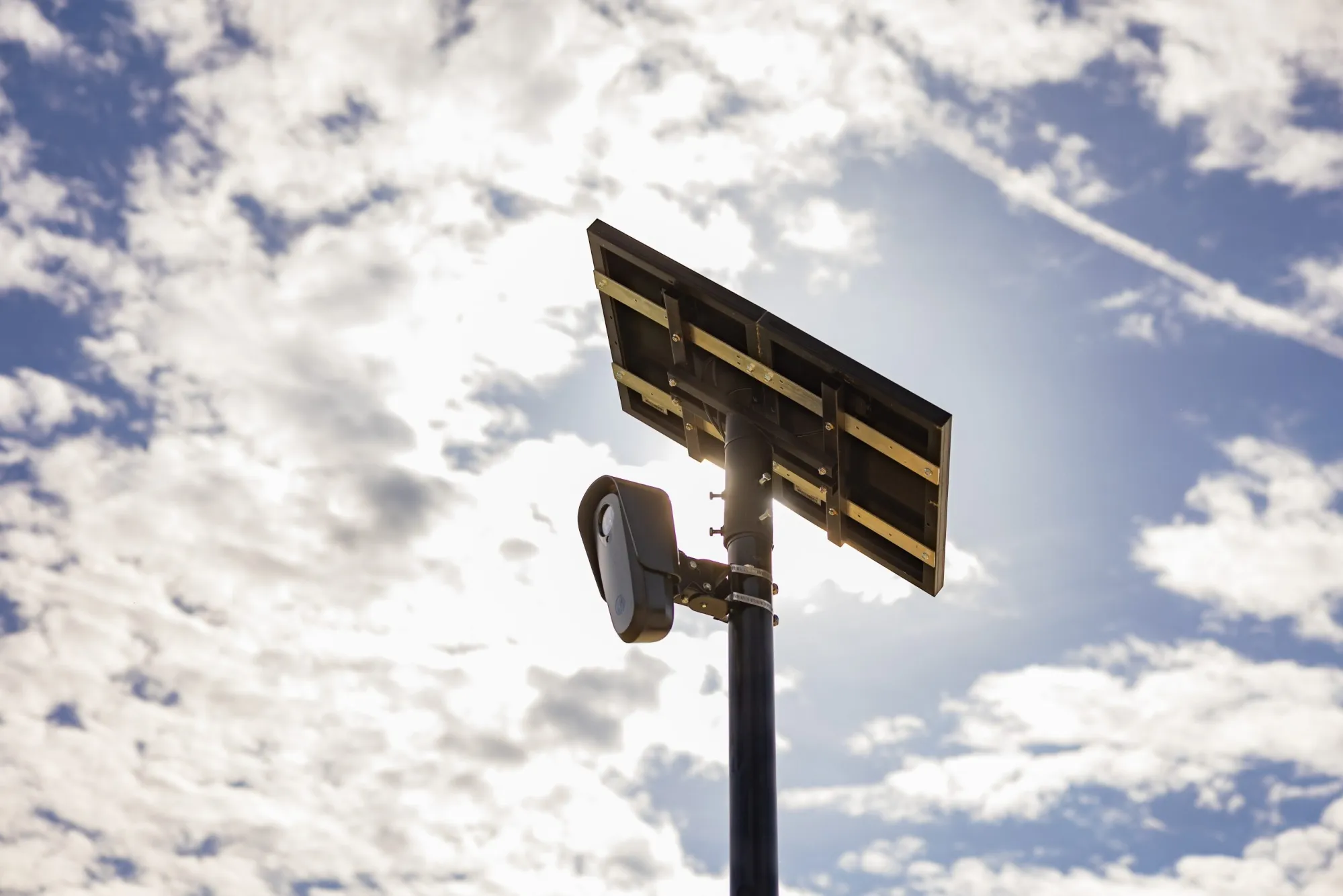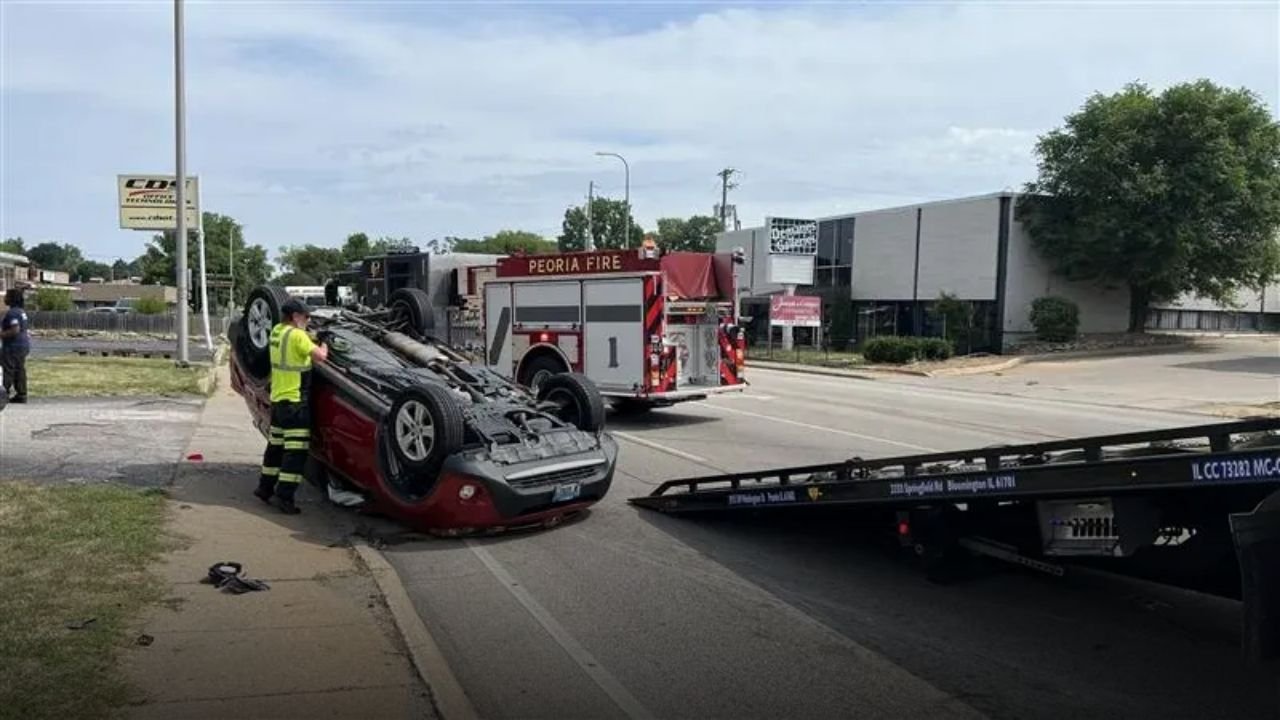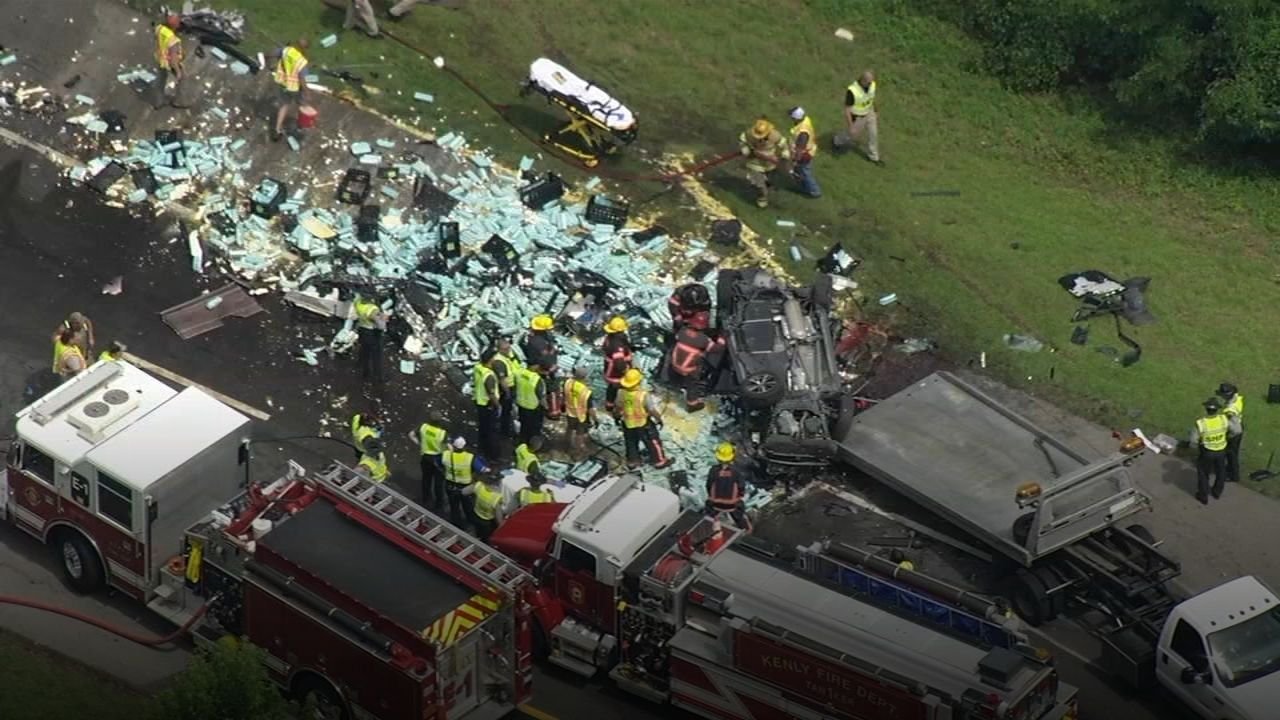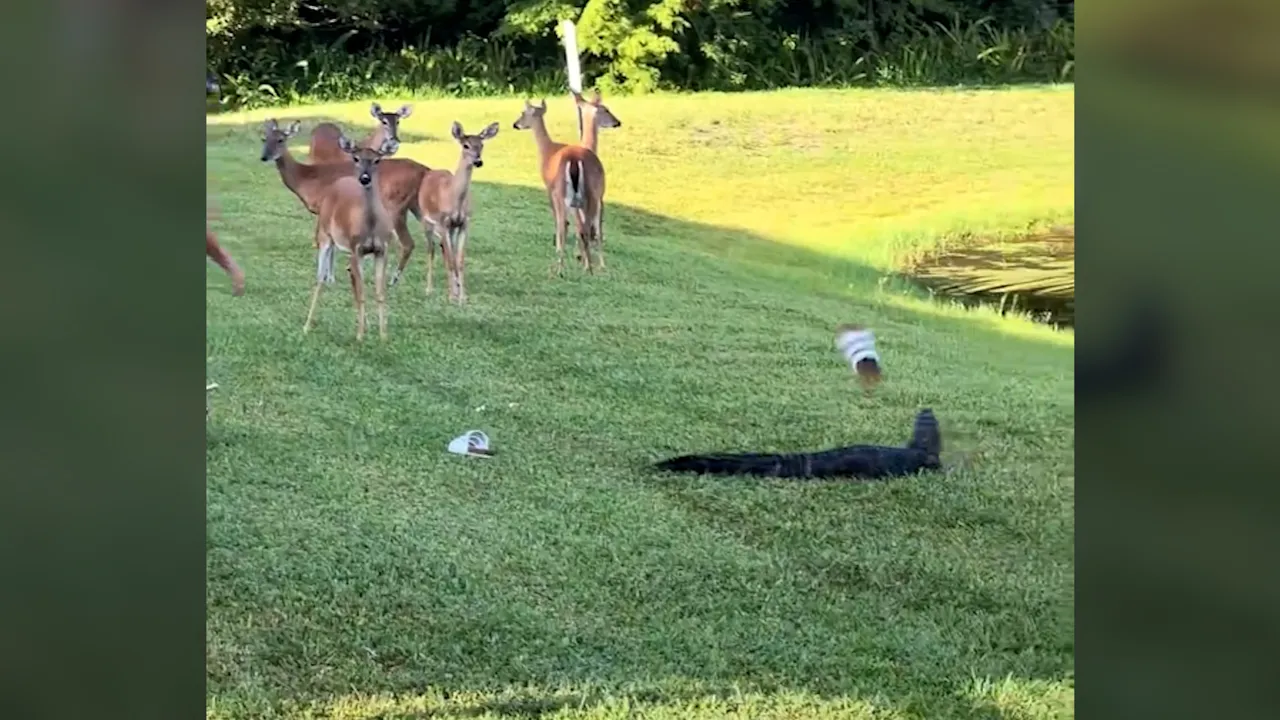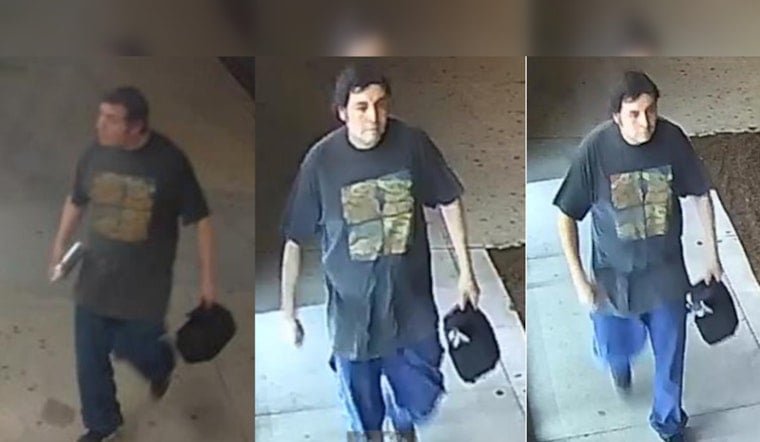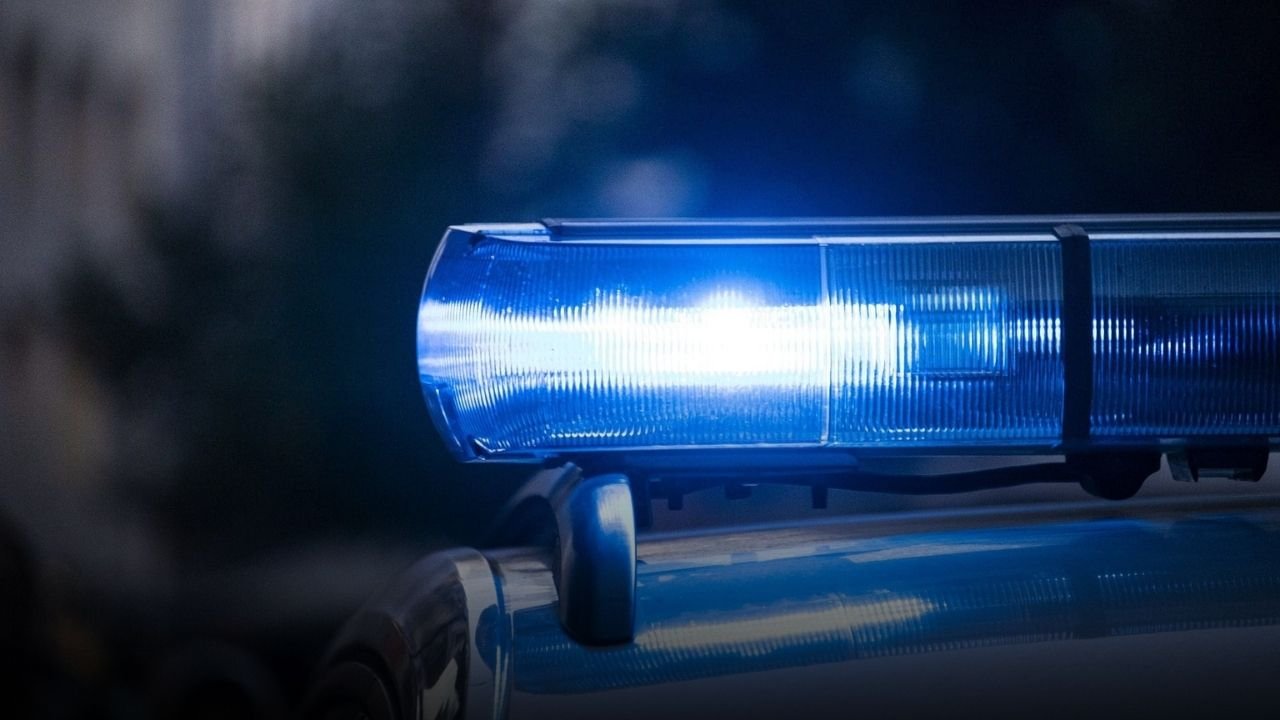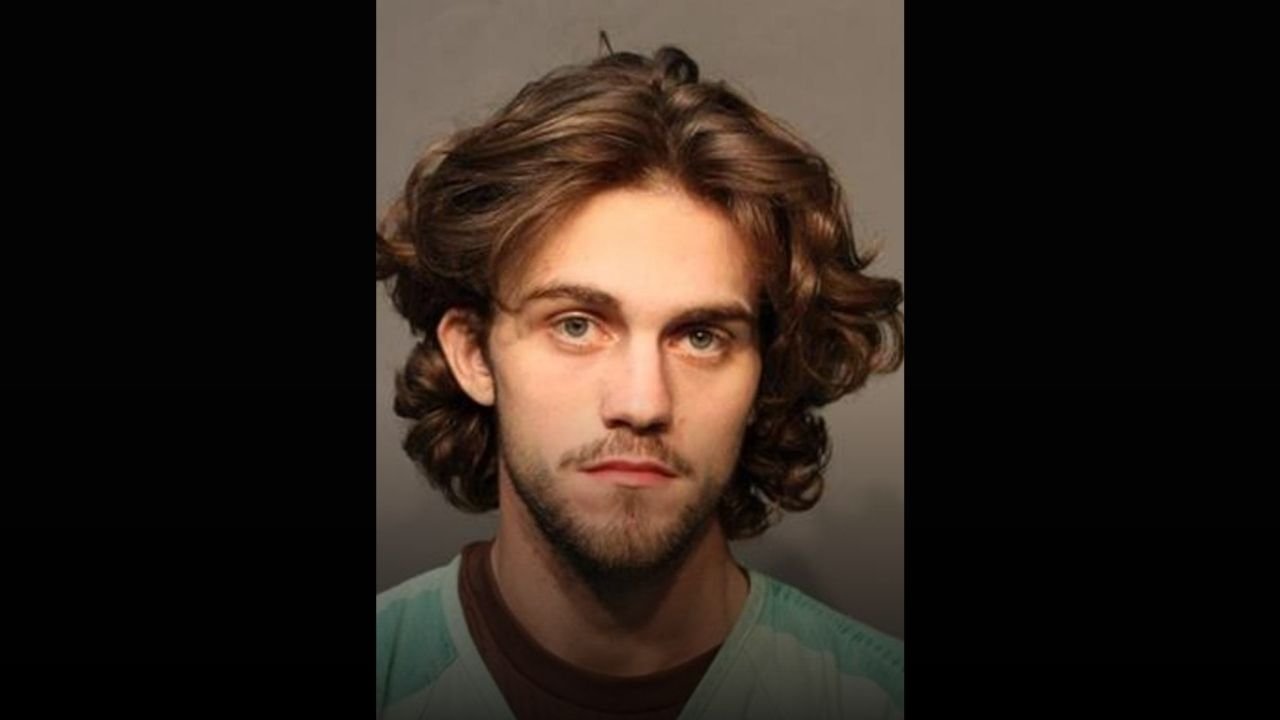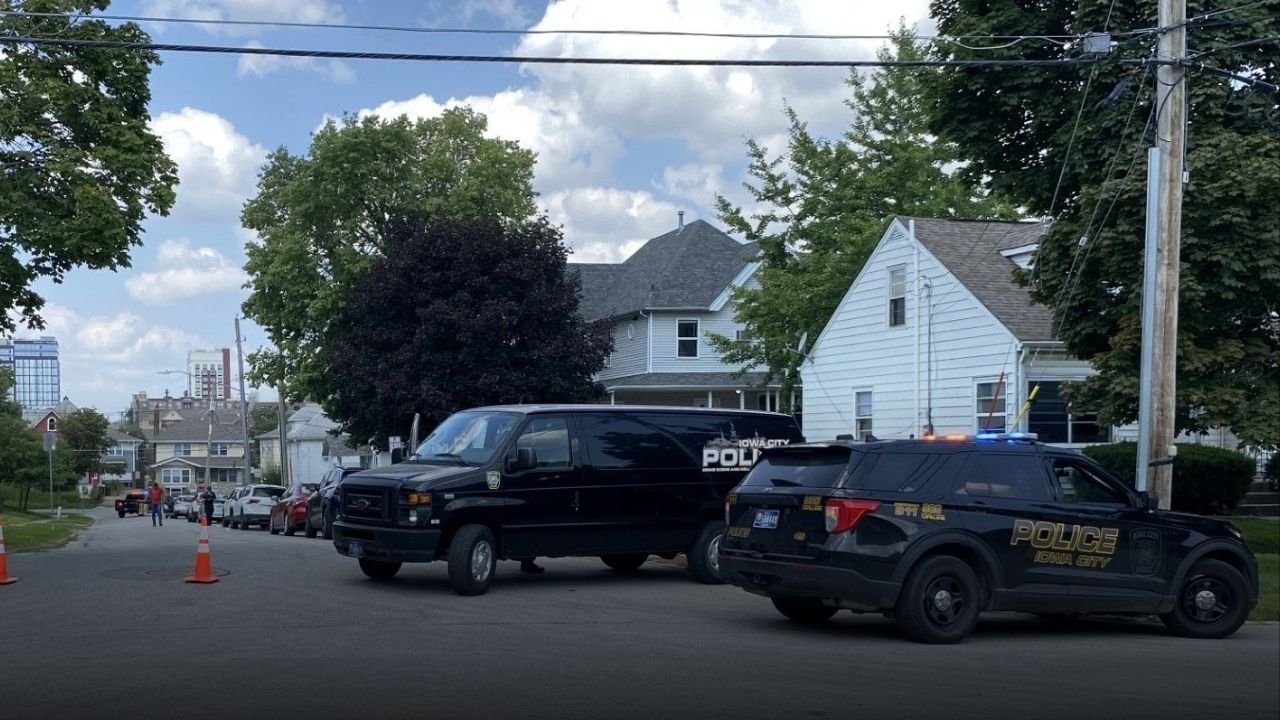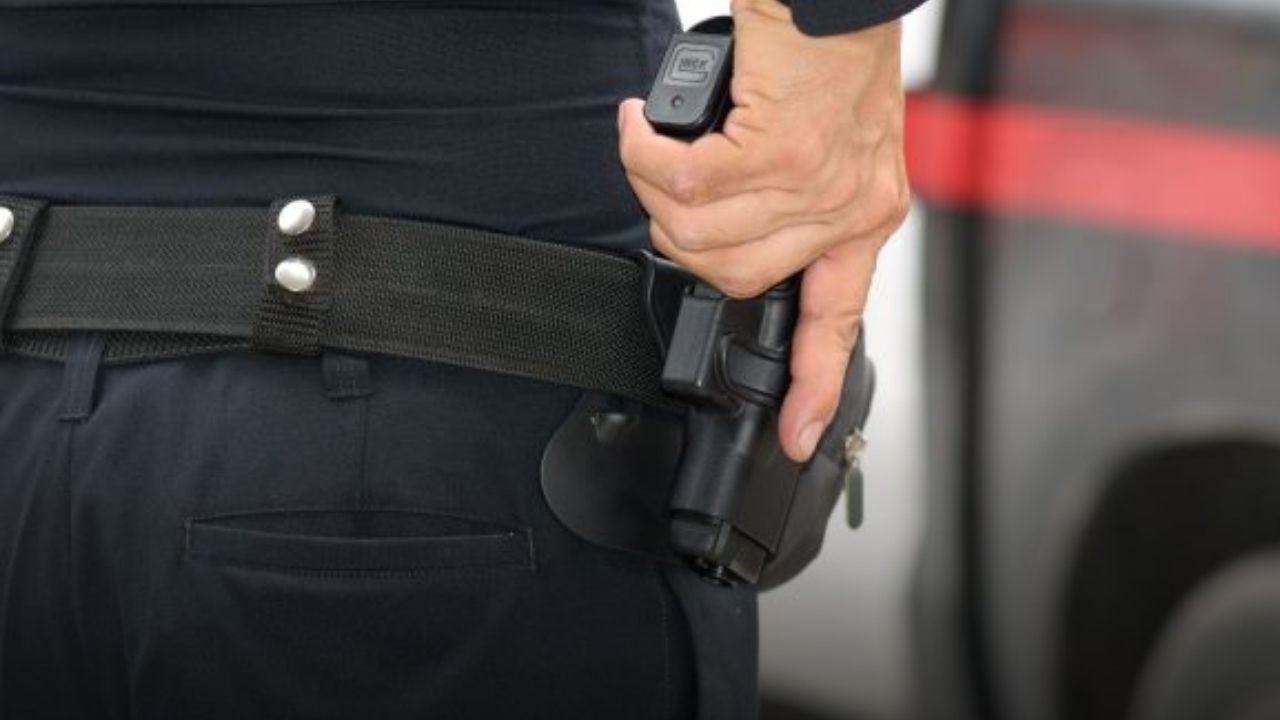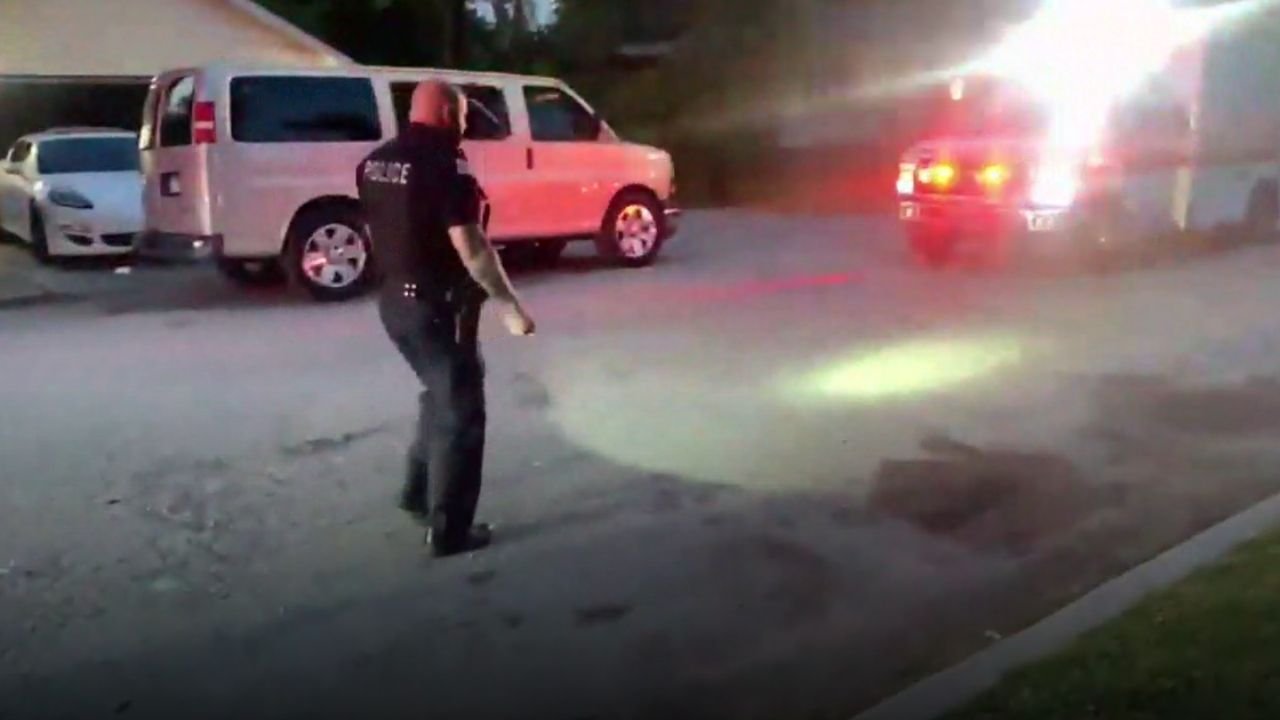SPRINGFIELD, OREGON – The Springfield Police Department is preparing to install 25 AI-powered license plate reading cameras across the city in an effort to enhance law enforcement capabilities and solve more crimes using digital tracking technology.
The installations are expected to begin within the next two weeks, according to Lieutenant George Crolly, who emphasized the system’s focus on tracking rear license plates and cross-referencing them against databases of stolen or suspect-linked vehicles.
“These cameras only capture the rear license plate,” Crolly said. “If the plate is linked to a suspect vehicle or reported stolen, it alerts us instantly.”
How the Camera System Works
The cameras, provided by Flock Safety, automatically upload data when a vehicle passes by. That data — which includes license plate, time, and date — is stored for up to 30 days, allowing investigators to review patterns and track suspects before and after a crime occurs.
“For example, if we have a home invasion robbery in the middle of the night and we know the vehicle that left the scene, we can build a case with solid digital evidence,” Crolly explained.
Privacy Concerns and Legal Debate
Not everyone supports the plan. Robert Frommer, a senior attorney with the Institute for Justice, argues the system could lead to unconstitutional surveillance.
“These cameras infringe upon the Fourth Amendment because they create a digital trail of our movements,” Frommer said. “They don’t blink, and they never stop recording.”
Frommer represents two Virginia residents suing their city over similar technology, saying any long-term access to driver history should require a warrant.
Police Respond to Community Concerns
Springfield Police maintain that the cameras will only be used to pursue criminal suspects, not for traffic monitoring or immigration purposes.
“These cameras will not be used for immigration enforcement, nor will they be shared with immigration authorities,” said Crolly. “They also won’t be used for red light or speed enforcement.”
The department added that the exact locations of all 25 cameras will be made public once installation is complete, ensuring transparency with residents.
Do you think police should be allowed to track license plates with AI-powered cameras? Share your view now at ChicagoSuburbanFamily.com.

